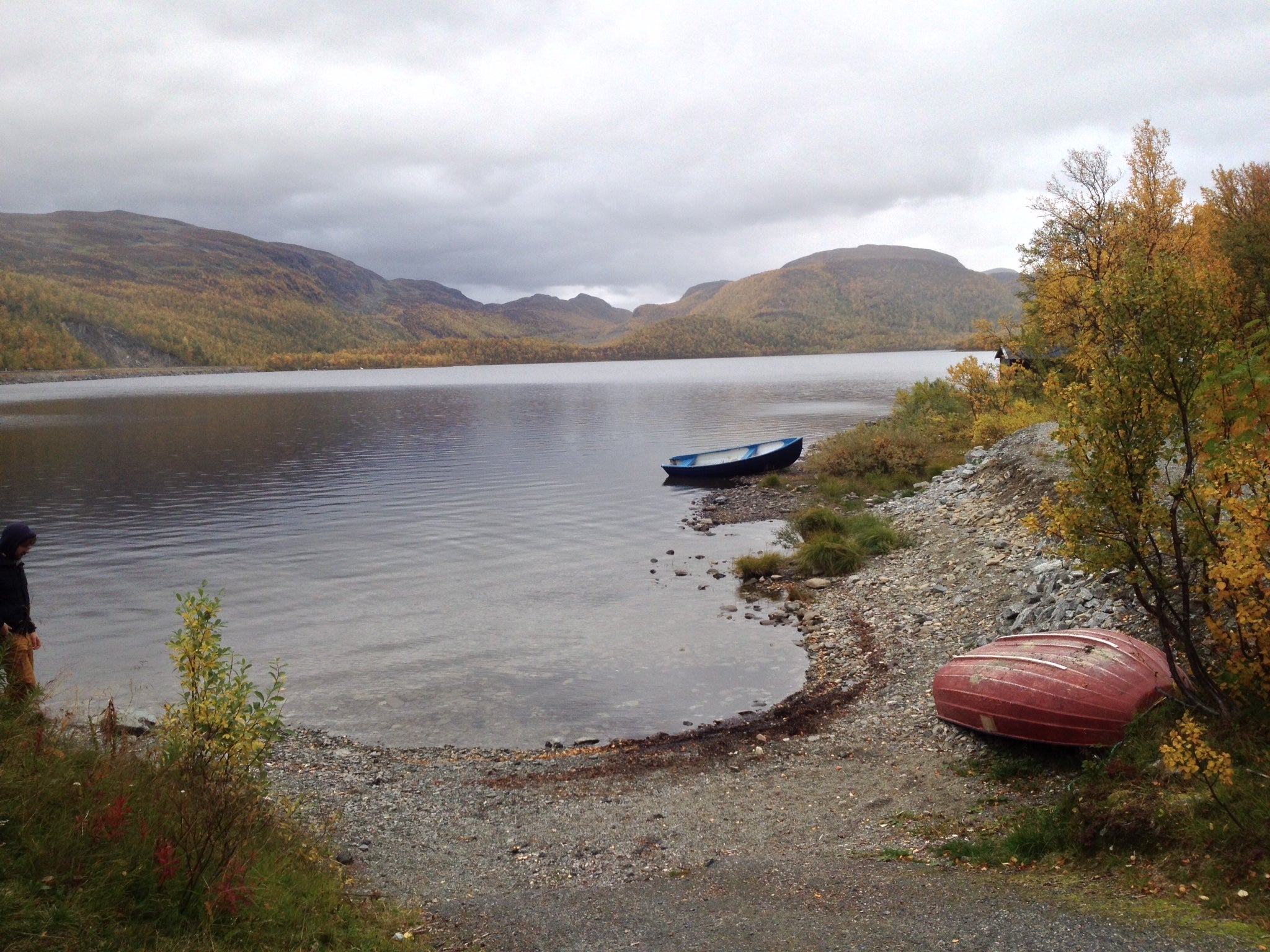Bacteria can remove plastic pollution from lakes, research suggests
Scientists suggest waters could be enriched with particular species of bacteria in order to remove plastic pollution from the environment.

Your support helps us to tell the story
From reproductive rights to climate change to Big Tech, The Independent is on the ground when the story is developing. Whether it's investigating the financials of Elon Musk's pro-Trump PAC or producing our latest documentary, 'The A Word', which shines a light on the American women fighting for reproductive rights, we know how important it is to parse out the facts from the messaging.
At such a critical moment in US history, we need reporters on the ground. Your donation allows us to keep sending journalists to speak to both sides of the story.
The Independent is trusted by Americans across the entire political spectrum. And unlike many other quality news outlets, we choose not to lock Americans out of our reporting and analysis with paywalls. We believe quality journalism should be available to everyone, paid for by those who can afford it.
Your support makes all the difference.Some naturally-occurring lake bacteria grow faster and more efficiently on the remains of plastic bags than on natural matter like leaves and twigs.
According to a new study, the bacteria break down the carbon compounds in plastic to use as food for their growth.
Scientists suggest waters could be enriched with particular species of bacteria in order to remove plastic pollution from the environment.
A study of 29 lakes found that the rate of bacterial growth more than doubled when plastic pollution raised the overall carbon level in lake water by just 4%.
The bacteria use the plastic as food first, because it’s easy to break down, and then they’re more able to break down some of the more difficult food – the natural organic matter in the lake
Plastic pollution in lakes is priming the bacteria for rapid growth, the research suggests.
The bacteria not only break down the plastic but are then more able to break down other natural carbon compounds in the lake.
Dr Andrew Tanentzap in the University of Cambridge’s Department of Plant Sciences, senior author of the paper, said: “It’s almost like the plastic pollution is getting the bacteria’s appetite going.
“The bacteria use the plastic as food first, because it’s easy to break down, and then they’re more able to break down some of the more difficult food – the natural organic matter in the lake.”
He added: “This suggests that plastic pollution is stimulating the whole food web in lakes, because more bacteria means more food for the bigger organisms like ducks and fish.”
The study found that lake bacteria favoured plastic-derived carbon compounds over natural ones.
Researchers think this is because the carbon compounds from plastics are easier for the bacteria to break down and use as food.
However, they caution that this does not condone ongoing plastic pollution.
The effect varied depending on the different bacterial species present in the lake water – lakes with more different species were better at breaking down plastic pollution.
A study published by the authors, last year, found that European lakes are potential hotspots of microplastic pollution.
When plastics break down they release simple carbon compounds.
These are chemically distinct to the carbon compounds released as organic matter, like leaves and twigs break down, the researchers found.
Carbon compounds from plastics were shown to be derived from additives unique to plastic products, including adhesives and softeners.
The new study also found that bacteria removed more plastic pollution in lakes that had fewer unique natural carbon compounds.
Researchers say the results will help to prioritise lakes where the need for pollution control is most urgent.
Professor David Aldridge in the University of Cambridge’s Department of Zoology, said: “Unfortunately, plastics will pollute our environment for decades.
“On the positive side, our study helps to identify microbes that could be harnessed to help break down plastic waste and better manage environmental pollution.”
The study involved sampling 29 lakes across Scandinavia between August and September 2019.
Plastic bags from four major UK shopping chains were cut up and shaken in water until their carbon compounds were released.
At each lake, glass bottles were filled with lake water and a small amount of the plastic water was added to half of these, to represent the amount of carbon leached from plastics into the environment, and the same amount of distilled water was added to the others.
After 72 hours in the dark, bacterial activity was measured in each of the bottles.
In the water with plastic-derived carbon compounds, the bacteria had doubled in mass, and about 50% of this carbon was incorporated into the bacteria in 72 hours.
Eleanor Sheridan in the University of Cambridge’s Department of Plant Sciences, first author of the study, said: “Our study shows that when carrier bags enter lakes and rivers they can have dramatic and unexpected impacts on the entire ecosystem.
“Hopefully our results will encourage people to be even more careful about how they dispose of plastic waste.”
The findings are published in Nature Communications.